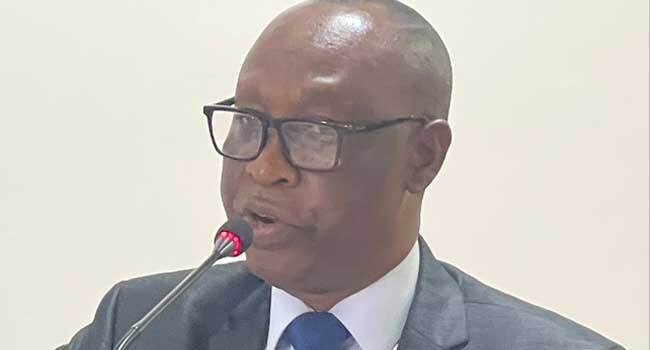Nigeria has lost a substantial amount of revenue due to oil theft and pipeline sabotage, according to the Nigerian Extractive Industries Transparency Initiative (NEITI). Between 2023 and 2024, the Federal Government lost 13.5 million barrels of oil, valued at $3.3 billion. This information was disclosed by NEITI’s Executive Secretary, Ogbonnaya Orji, at the 2025 Association of Energy Correspondents of Nigeria (NAEC) conference in Lagos.
The lost revenue could have been utilized to finance the federal health budget for a full year or provide energy access to millions of households. Orji emphasized that these losses are not only economic but also represent broken trust, institutional weaknesses, and missed opportunities for national progress. He stressed that transparency and accountability are essential for the country’s progress.
Nigeria’s energy future will be defined by how transparently and prudently it manages its natural resource wealth, rather than the size of its reserves or production capacity. The global energy transition towards cleaner fuels, gas optimization, and renewable energy requires openness, responsibility, and innovation at every stage of the value chain. Orji noted that the era of secrecy in resource governance is over and that transparency is an economic imperative that attracts capital, technology, and partnerships.
NEITI’s 2021-2022 Oil and Gas Industry Reports revealed that Nigeria earned $23.04 billion in 2021 and $23.05 billion in 2022 from the sector. However, the reports also identified outstanding remittances of ₦1.5 trillion owed to the Federation by some companies and government agencies. These funds could significantly support energy infrastructure, education, and healthcare if recovered.
Over the past decade, NEITI has evolved from an auditing agency to a governance reform institution. The organization has institutionalized regular audits of oil, gas, and solid mineral sectors, tracking production, payments, and remediation. NEITI has also developed Nigeria’s Beneficial Ownership Register, unmasking the true owners of over 4,800 extractive assets, and helping the government combat corruption and illicit financial flows.
As Nigeria positions gas as its transition fuel and renewable energy as its future, the government must keep pace with innovation. The country’s energy future must rest on verifiable data, open contracts, measurable emissions, and accountable institutions. NEITI envisions a sector where every dollar is traceable, every contract is public, and every decision is transparent, ultimately contributing to national development.
